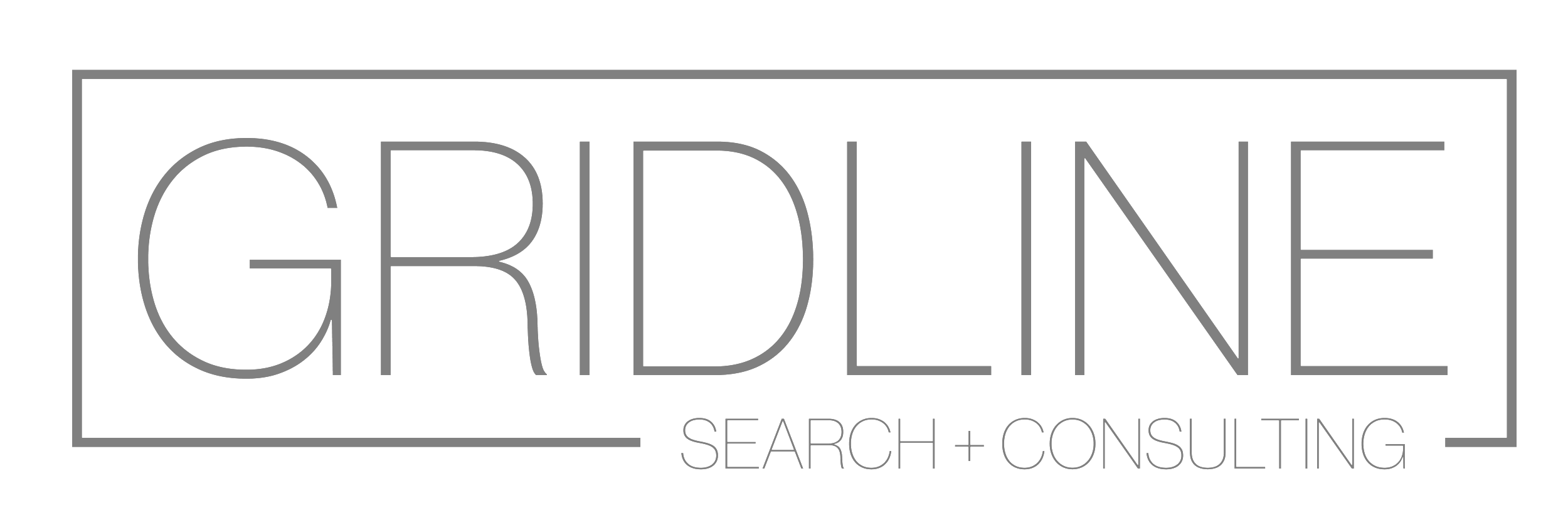In my capacity as an experienced legal career advisor, I have worked with many BigLaw associates who are completely focused on moving to an in-house attorney role at a company. There is a perception that in-house attorneys make a little less money than BigLaw associates, but in-house roles offer very positive trade-offs in terms of work/life balance and advancement.
Yet, before you dive into making the move from BigLaw to in-house, there are some important considerations to keep in mind:
If planning to relocate geographically, consider a BigLaw relocation first. In an analysis that I did on 2018 BigLaw associate moves to in-house, I found that the vast majority of in-house attorneys lateralled in from firms in the same geographic market (see this visualization). Even though work has been completely virtual and remote at both in-house and firm employers, geographic connection is still incredibly important. Most attorneys in a given BigLaw firm office location work with clients that have some kind of presence themselves in that same location. This is why you've seen BigLaw firms continue to open up new offices across the U.S. They want to have their attorneys close to their clients. So if you want to work in-house at a big tech company headquartered in Silicon Valley, you have a better chance of getting a job if you have been working for a BigLaw firm office in.... Silicon Valley.
Don't rely exclusively on traditional legal recruiters for opportunities. Unlike BigLaw hiring, you should not rely on legal recruiters and headhunters to identify positions for you. There are recruiters that have strong in-house connections. However, there are lots of in-house employers that will not work with legal recruiters. Instead, they post openings on job sites like LinkedIn Jobs and/or rely on internal referrals. So rather than seek out recruiters who "have lots of in-house openings," focus on identifying positions on your own and relying on your personal network (and extended network).
If you have more experience than what is advertised in an in-house position description, still apply. Lots of in-house legal positions are very competitive. Particularly if the needs of the position are general in terms of litigation and/or transactional experience and the company is located in a highly desirable location, the company may be sifting through hundreds and hundreds of applications. Therefore, it is not uncommon for an in-house employer to ultimately hire someone with more years of experience than the position advertises because the company ended up with an extremely qualified and large candidate pool.
The timeline for a single position may take several months or more. Depending on the in-house opening, the timeline for interviewing and hiring can take days, weeks or months. BigLaw firms interview and hire in a very standard way for lateral associates: a screening interview followed by 1 or 2 rounds of callback interviews. Some in-house employers will want you to meet with several different people across business and legal lines. Sometimes they will combine these interviews into a single time block, and sometimes not. (Keep in mind that an in-house attorney opening may only come up at a particular company once every few years, so the employer may be very deliberative and evaluative in their hiring process to ensure a good fit.)
Tailor your resume to the job description as tightly as possible. Tailoring your resume to the position is important no matter what, but it is especially important when moving from BigLaw to in-house. The internal recruiters and HR professionals that sift through in-house attorney applications work across several different company functions and may not knows the ins-and-outs of what makes for a strong attorney candidate. Therefore, your resume should reflect requirements and preferred qualifications in terms of experience, credentials and more. You want to make it easier for these screeners (and eventually, the attorney interviewers) to know that you are the right fit for the job.
Don't assume the hours are better. There is a presumption that since in-house legal departments do not rely on the "billable hour," that the work/life balance and hours are better than BigLaw firms. But this is not always the case. Every company is different. In-house lawyers can have a wide range of responsibilities that include meetings at different times of the day across different functions. If the company is large and multi-national, this may include connecting with co-workers across multiple locations and time zones. Additionally, the work you are called to do may have quick and urgent deadlines due to business demands. And the amount of responsibility and work on your plate can vary by company and position as well.
Remember that you are hired to add value, not learn something new. The ability to "add value" is the main reason anyone is hired into any position, and this is no exception for in-house attorney roles. At BigLaw firms, when you are hired as a summer associate or entry-level attorney, there are often different training modules and sessions that cover a lot of what you need to know about the firm and its practices. This is unlikely to be the case when you move from BigLaw to an in-house role. It will be up to you to introduce yourself to co-workers across business and legal lines and to learn on-the-job about your role and how you fit into the company.
Analyze the advancement opportunities carefully. BigLaw firms are more consistent and predictable than in-house legal departments when it comes to advancement. At a BigLaw firm, you have a general sense of how long it takes to make partner or counsel. Additionally, each year you work in BigLaw as an associate is a literal time marker of advancement: 1st Year Associate, 2nd Year Associate, etc. In-house legal departments are structured differently and individually. As you consider an in-house attorney option, pay close attention to titles and advancement targets. Ask questions for clarification and use LinkedIn profiles to learn more.


